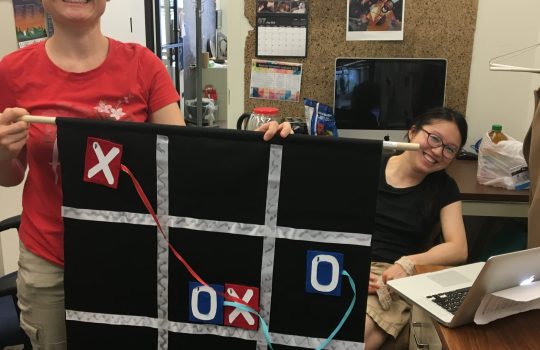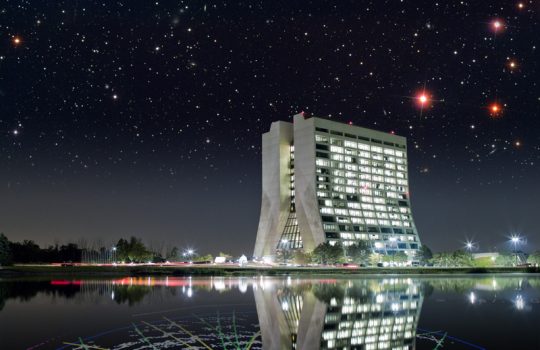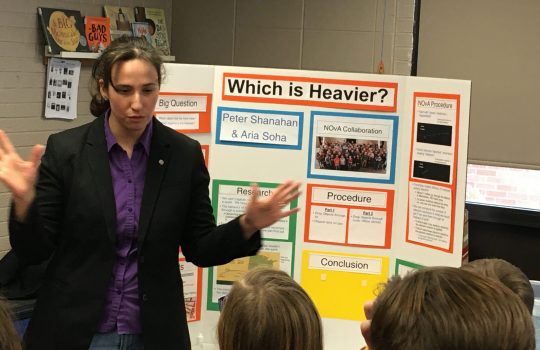Jump into Computer Science Education Week
From DOE, Dec. 9, 2020: Computer Science Education Week is aimed at inspiring students to discover computer science activities and careers. The national laboratories, including Fermilab, are scheduled to host a number of activities to highlight The Department of Energy’s efforts, including increasing access to computer science education, building computational literacy, and growing the cyber workforce of the future.




